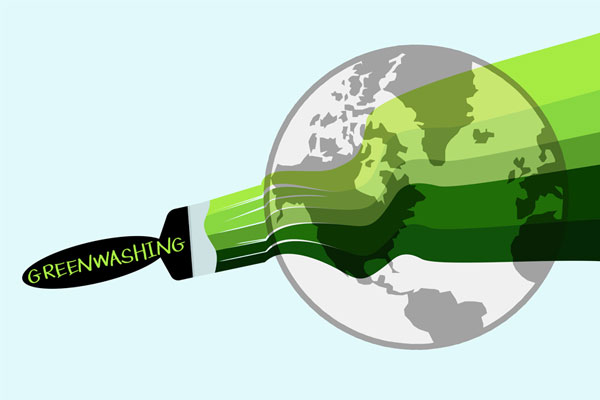Guidance On Greenwashing From The EEA

The General Counsels Committee of the Energy & Environment Alliance (EEA) has released its first report, providing advice on greenwashing.
It includes a definition of greenwashing as well as outlining what specific laws apply in the United Kingdom and offers practical advice to hospitality businesses on how to avoid accusations of greenwashing.
A not-for-profit-organization, the EEA was established to promote the adoption of high environmental, social and governance (ESG) standards in the hospitality sector and to help the industry achieve net zero carbon.
The report defines greenwashing as “the dissemination of misleading information by an organization so as to present an environmentally responsible public image.” Currently, there is no specific anti-greenwashing legislation in the UK, but there are regulations which capture false or misleading environmental claims, as well as advertising code rules which specifically cover environmental claims.
The report points out that the Consumer Protection From Unfair Trading Regulations 2008 prohibit directly misleading commercial practices and commercial practices which mislead by omission, particularly where they mislead a consumer into entering enter into a transaction when they would not otherwise have done so.
As well, the Committee of Advertising Practise and The Broadcast Committee of Advertising Practise advertising regulatory codes, enforced by the Advertising Standards Authority, contain similar, but more detailed prohibitions on misleading advertising. They require that the basis of environmental claims (and all terms used in them) must be clear and absolute claims must be supported by a high level of substantiation.
The law of tort can also apply, the report says.
For example, a claimant can successfully sue for fraudulent misrepresentation against an alleged greenwasher, where s/he can show loss suffered from relying on a false environmental claim.
More recently, the Competition and Markets Authority has taken a specific interest in greenwashing. In January 2021, it led a coordinated global sweep of 500 randomly selected websites making environmental claims and found that 40% of them contained misleading environmental statements.
When it comes to practical advice for hospitality businesses on how to protect their reputations and avoid accusations of greenwashing, the report offers detailed guidance, with top tips including:
- Being clear about terms used to make claims
- Ensuring there is robust evidence to substantiate claims before they are made
- Ensuring claims about environmental targets are feasible and measurable
- Avoiding the use of labels and logos that falsely suggest environmental benefits
John Wilks, Partner from DLA Piper, the law firm which took the lead role drafting and preparing the report, said: “The guidance is intended to help marketing teams in the hospitality sector to understand the rules and potential pitfalls around environmentally themed advertising. Through following the guidance, businesses should be able to make evidence-based environmental advertising claims that accurately describe the steps they are taking to lessen their carbon footprints, and which build rather than erode consumer trust.”
Nadia Milligan, Chair of the EEA’s General Counsels Committee, added that:
“At a time when regulators, investors and consumers are increasingly focused on a business’ “green” credentials, it has become more important than ever for hospitality businesses to understand what greenwashing is, the legal risks associated, and, most importantly, the irreversible reputational damage that could be done to a business, if accused of greenwashing – let alone being actually found to have breached the law with misleading environmental claims.”
Go to www.EEA.international for more.


